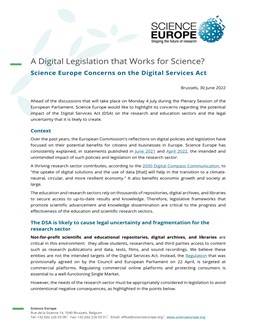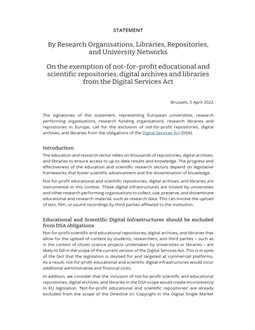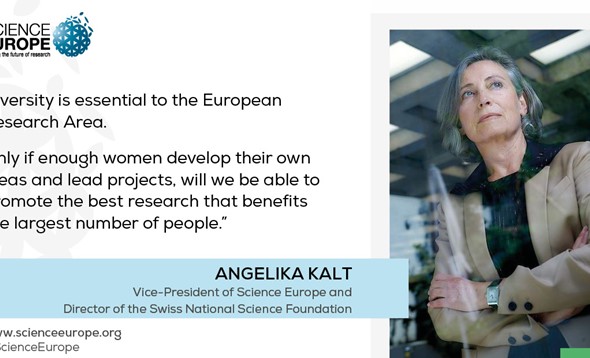Research and university communities demand climate action
Ahead of COP27 (the 2022 United Nations Climate Change Conference), leading European research and university organisations have joined forces to renew the call for collective, common global efforts for climate action, launched last year.
They are proposing a systemic approach where universities, national research performing organisations and research funding organisations work together, involving policy-makers, the business sector and non-governmental organisations, in Europe and globally.



























